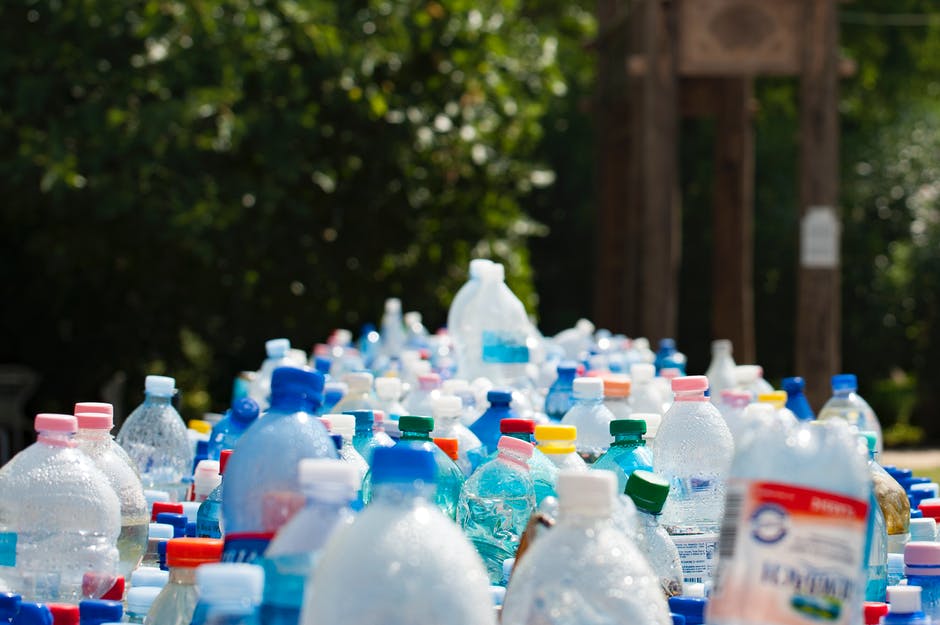

Aside from the responsibility of the business or the project team to protect the environment of the location where the project will be implemented, one of the main reasons why a waste management plan must be made is to protect the image or brand of the organization.
Through a well-formulated waste management plan, all the entities who will benefit from the project can secure their safety especially in terms of their health conditions. Proper quality management, waste handling and garbage disposal can reflect the commitment of the project team to deliver a well-rounded and sustainable project output. Develop a comprehensive and well-formatted waste management plan. Refer to the downloadable examples that you can browse through in this post along side tips and other guidelines.
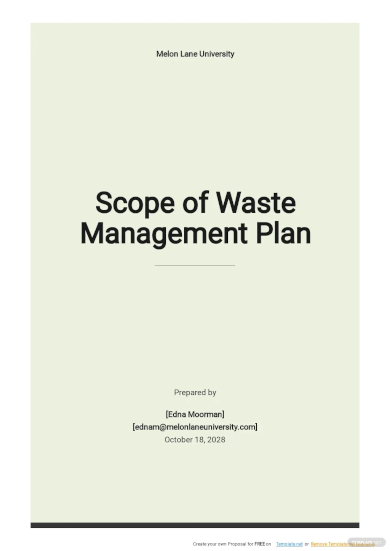
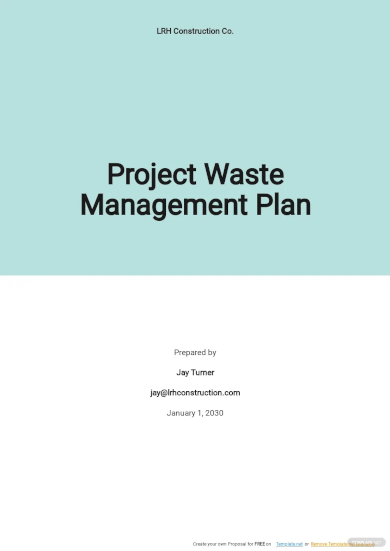
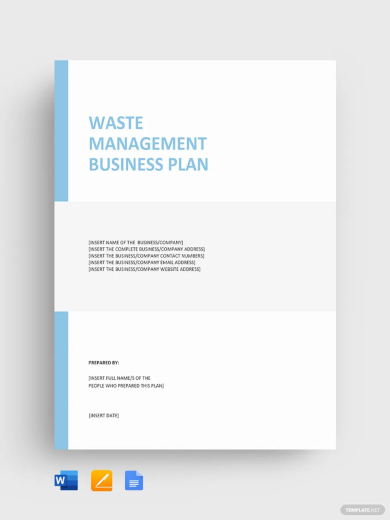
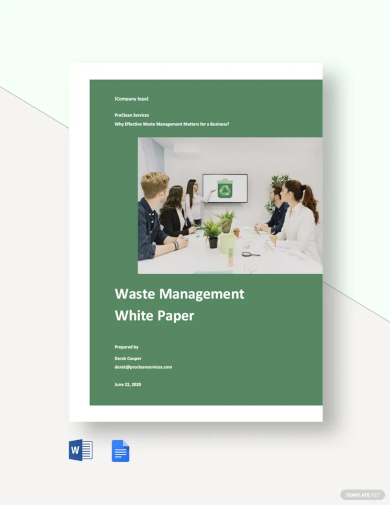
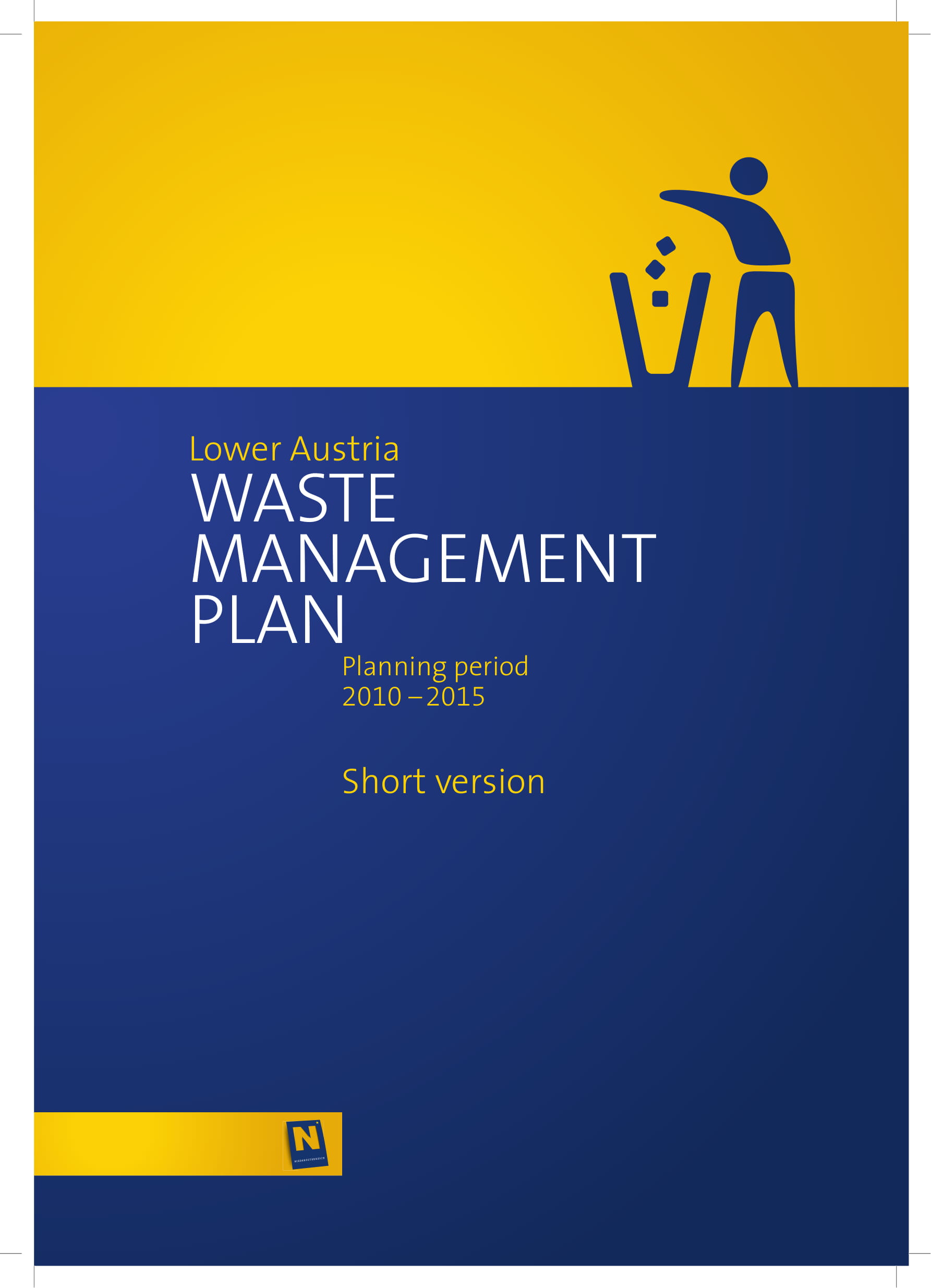
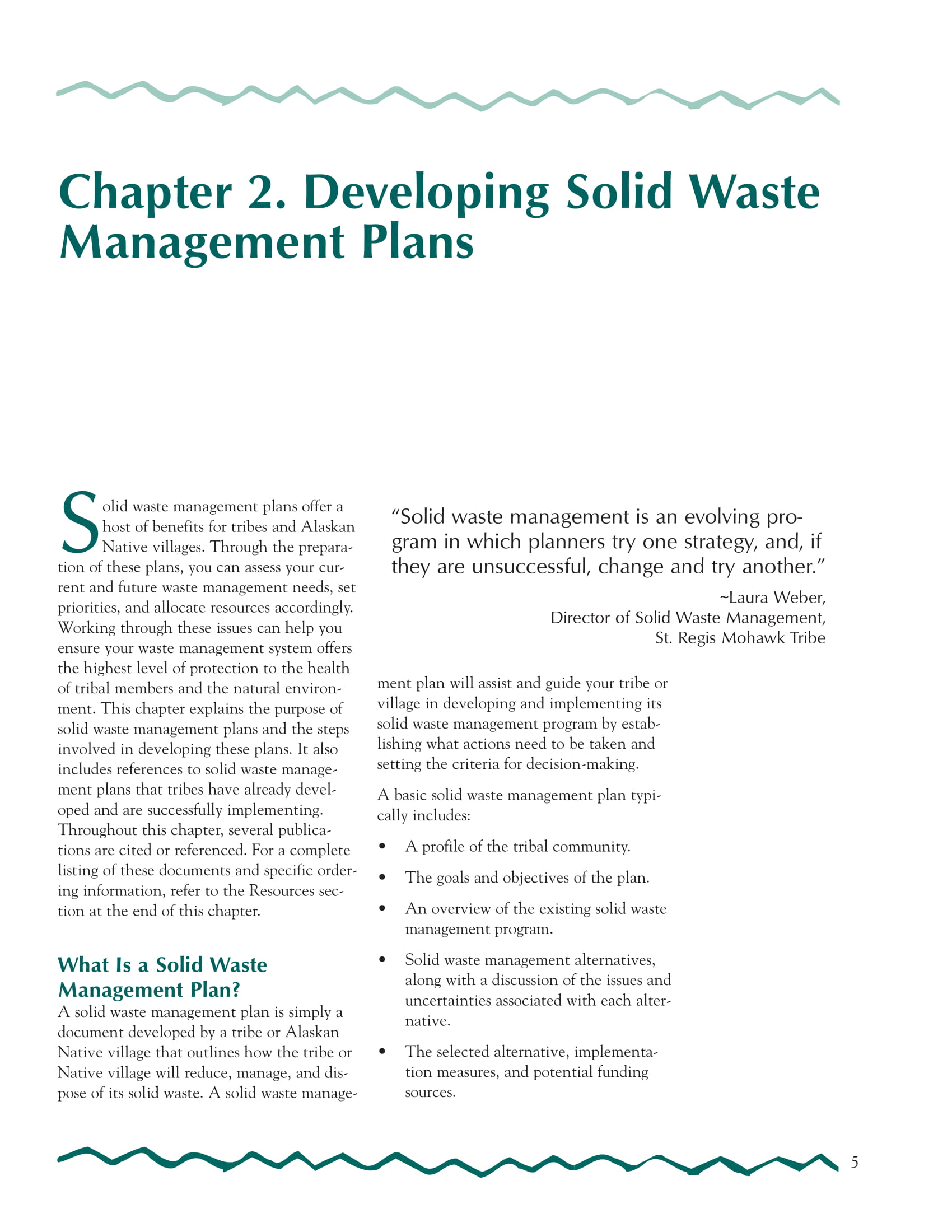
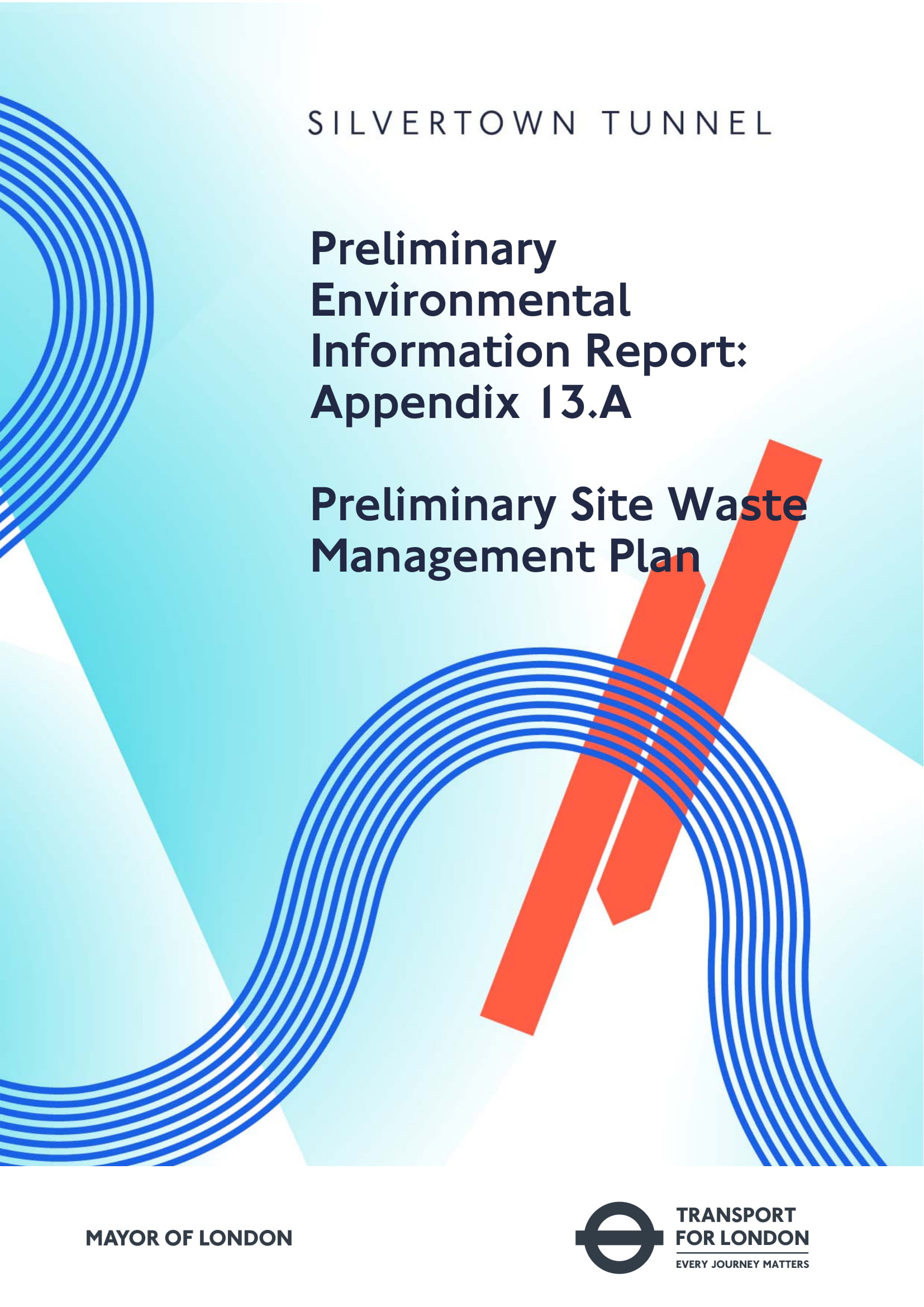
There is a wide scope of management plans that are used by businesses and other organizations for particular activities. One of these management plans is that which concern wastes. Especially for construction projects, a waste management plan is very important to be at hand. Having this document can ensure that entities follow quality measures and standards when it comes to the proper disposal of the wastes that they have made or produced within the entirety of project development. Here are some of the reasons why it is essential to create a waste management plan:
1. A waste management plan serves as a comprehensive guide on how wastes can be reduced in every project, program or any undertaking. Doing this can reduce the risk of health issues and other concerns that arise whenever improper waste handling and disposal occurs.
2. A waste management plan allows stakeholders to be aware of their responsibilities. It is essential for all the stakeholders of the project to know how they will function from the handling of wastes up to the proper disposal of such. Waste management and organization can be easier if there is already a business plan that can serve as a reference to all entities involved in the project.
3. A waste management plan provides an idea about different kinds of wastes and how they can be managed to ensure minimal to no negative effect to stakeholders. Different types of wastes require different kinds of management strategies. Through a waste management plan, it will be faster for the project team to segregate the actual wastes that they have produced and accumulated depending on the kind of project that they are immersed in. You may also see project plan examples.
4. A waste management plan can help ensure businesses that they will be protected from improper waste disposal accusations. If you have this document and if you are implementing its content accordingly, then you can present a proof or an evidence when court trials and other legal concerns arise. However, it is still important for you to get clearances and other permits relating to the matter. You may also like annual plan examples and samples.

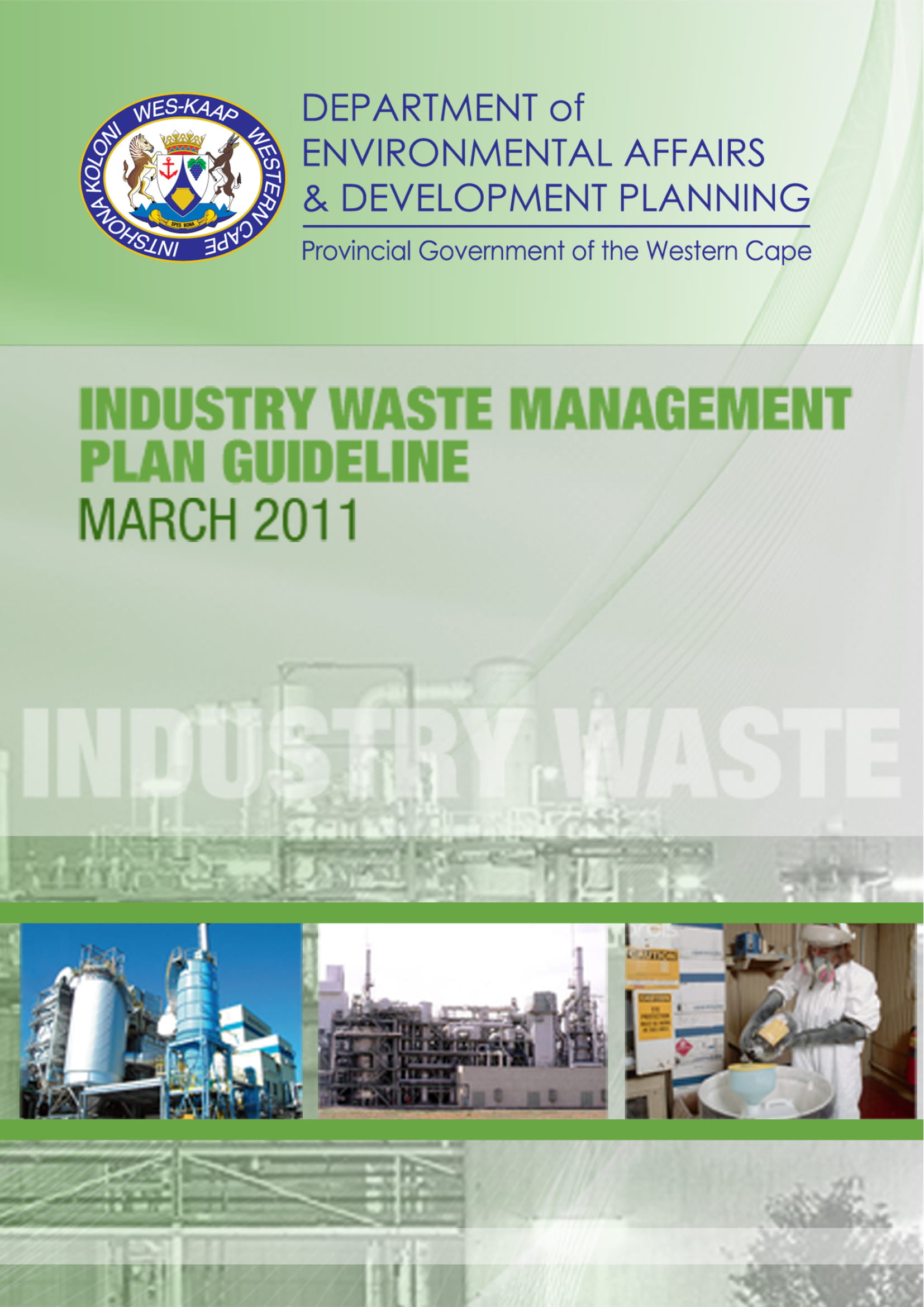
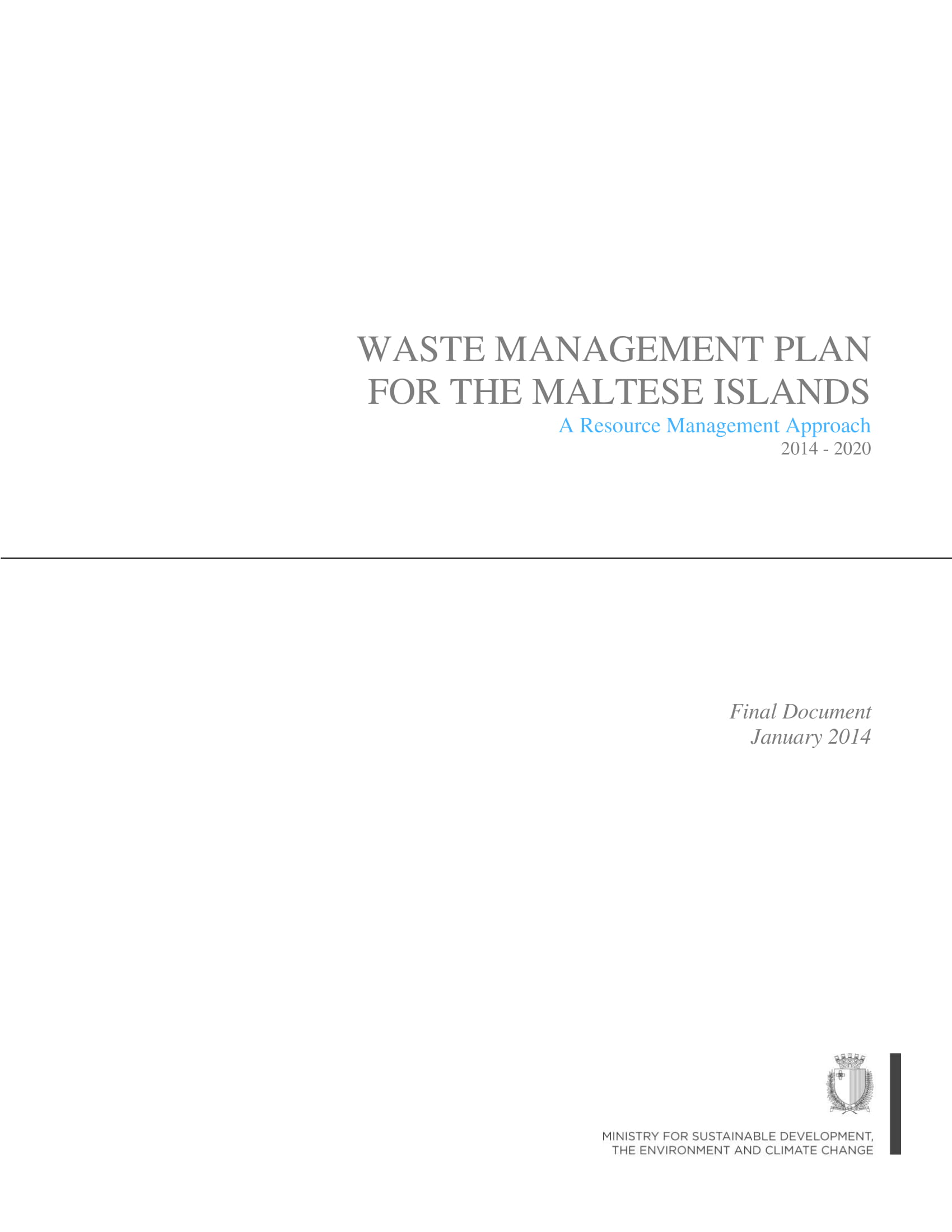
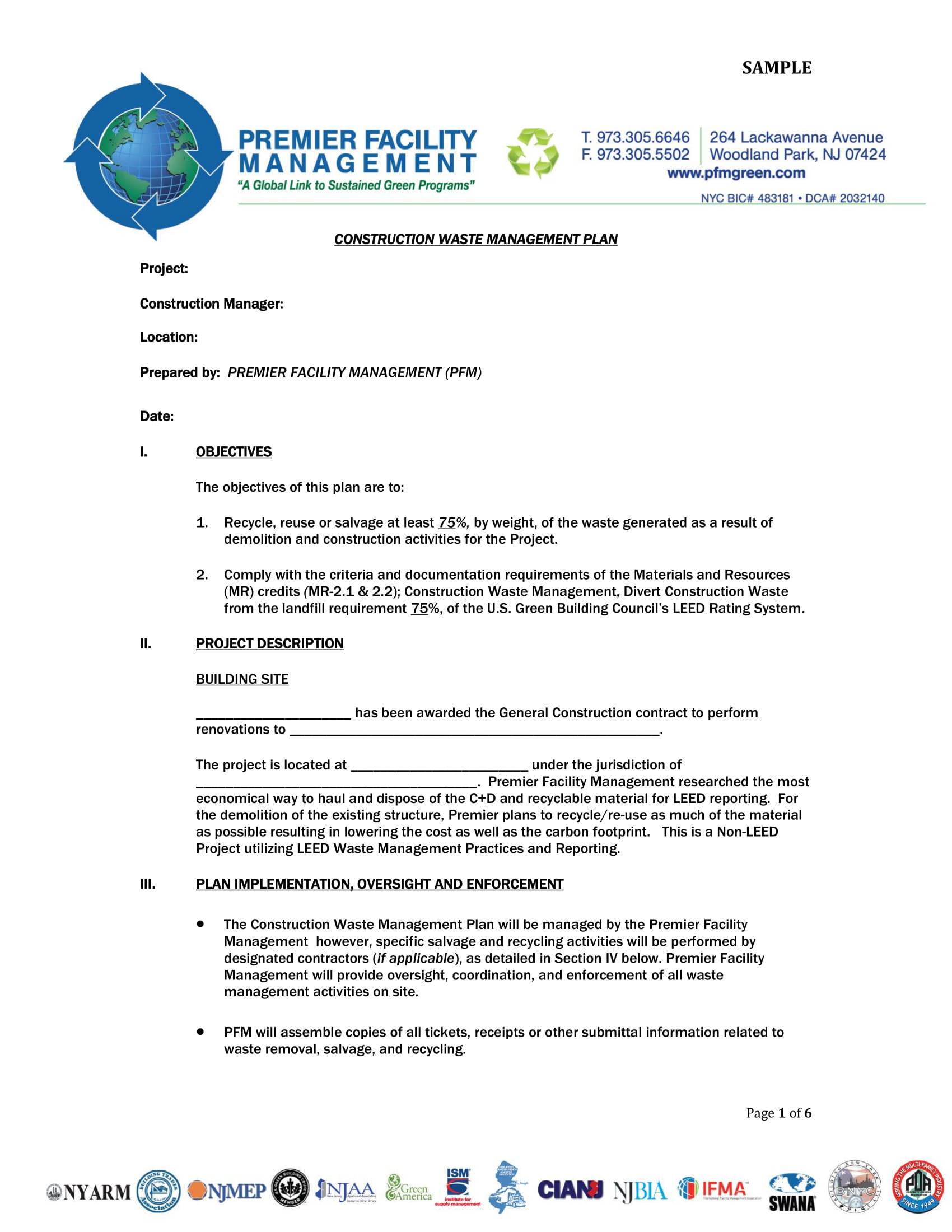
Every waste management plan must be supported by a solid implementation plan. It is not enough for you to create a great waste management plan – what is important is for you to put these plans into actions. There are several things that you need to remember if you plan to improve the waste management of your project. Knowing the basics of waste management planning can help you a lot when it comes to achieving your end goal in relation to the development of the specified document.
A waste management plan is not only beneficial to the external stakeholders of a project. The management and the entire project team can also benefit from it as they can ensure that the project that they have developed can provide a safe and healthy environment. Listed below are the things that are important to be considered and looked into if you have already decided to create a waste management plan.
1. Make sure that you will have proper understanding with the kinds of wastes that you will handle. Again, wastes differ depending on the particular kind of project where these wastes came from. Proper action plans can be created if you know the root of the activity.
2. Just like any project processes, there are certain elements that you need to consider when creating a waste management plan. Know the workforce that you need for deliverable to be provided, list the cost of the waste management execution and develop a timeline that can showcase the duration of waste management activities. You also have to specifically take note of the equipment, items and other materials that are essential to be present during the implementation of your waste management strategies.
3. Know what you will be doing with the wastes that you have listed. There are wastes that you can recycle while there are also some that you can reuse. In a lot of instances, wastes can also be thrown away or refused due to its hazardous content or physicality. If you want to come up with a successful waste management plan, you first have to be aware of how you can efficiently and effectively manage your project’s waste. You may also check out advertising plan examples & samples.